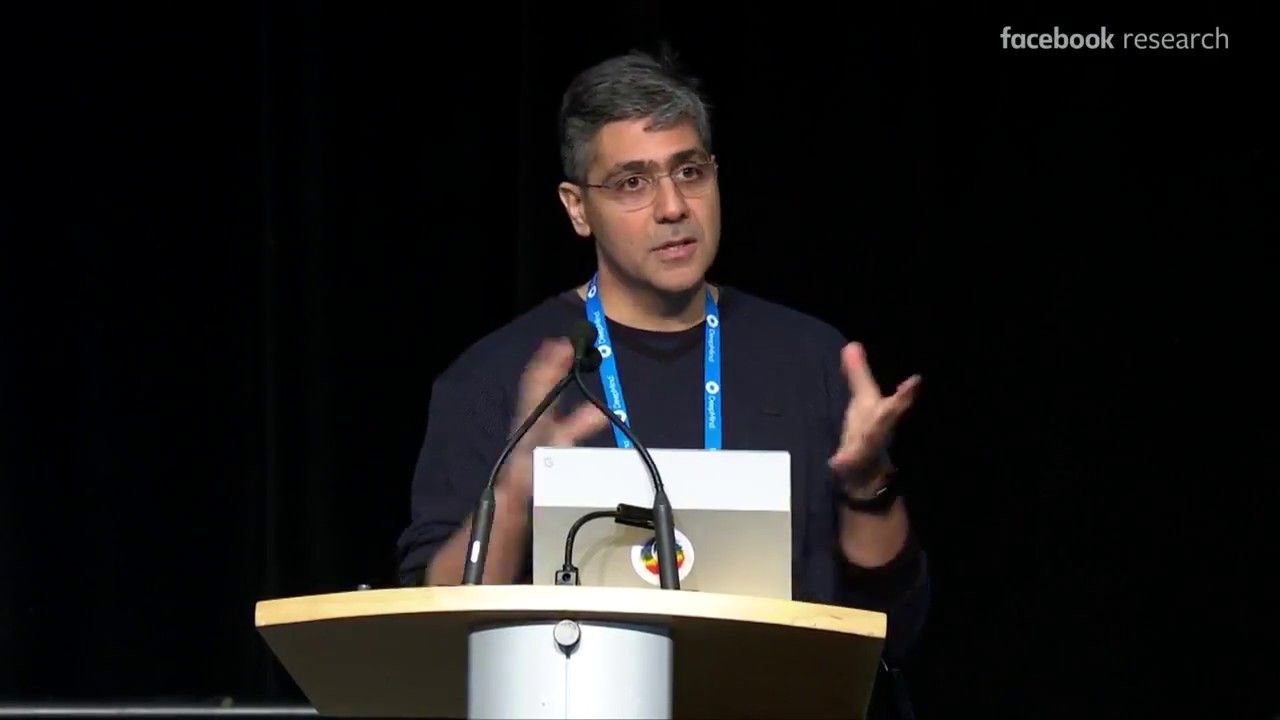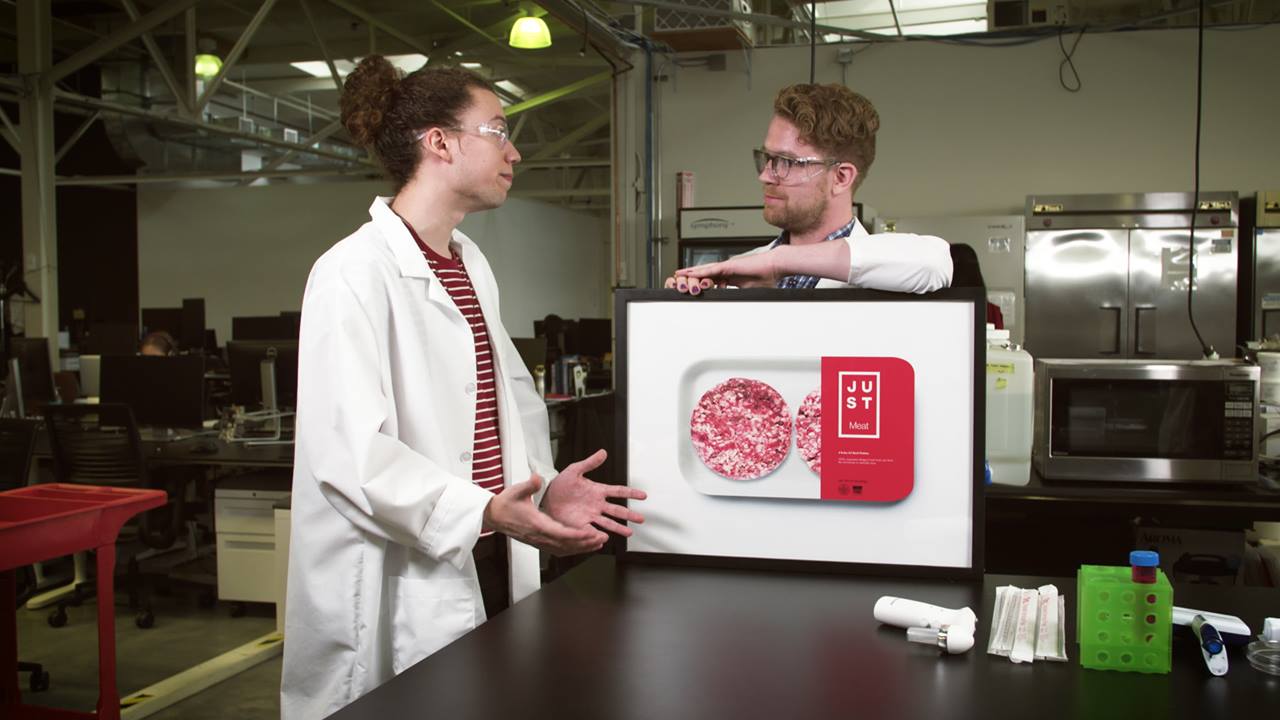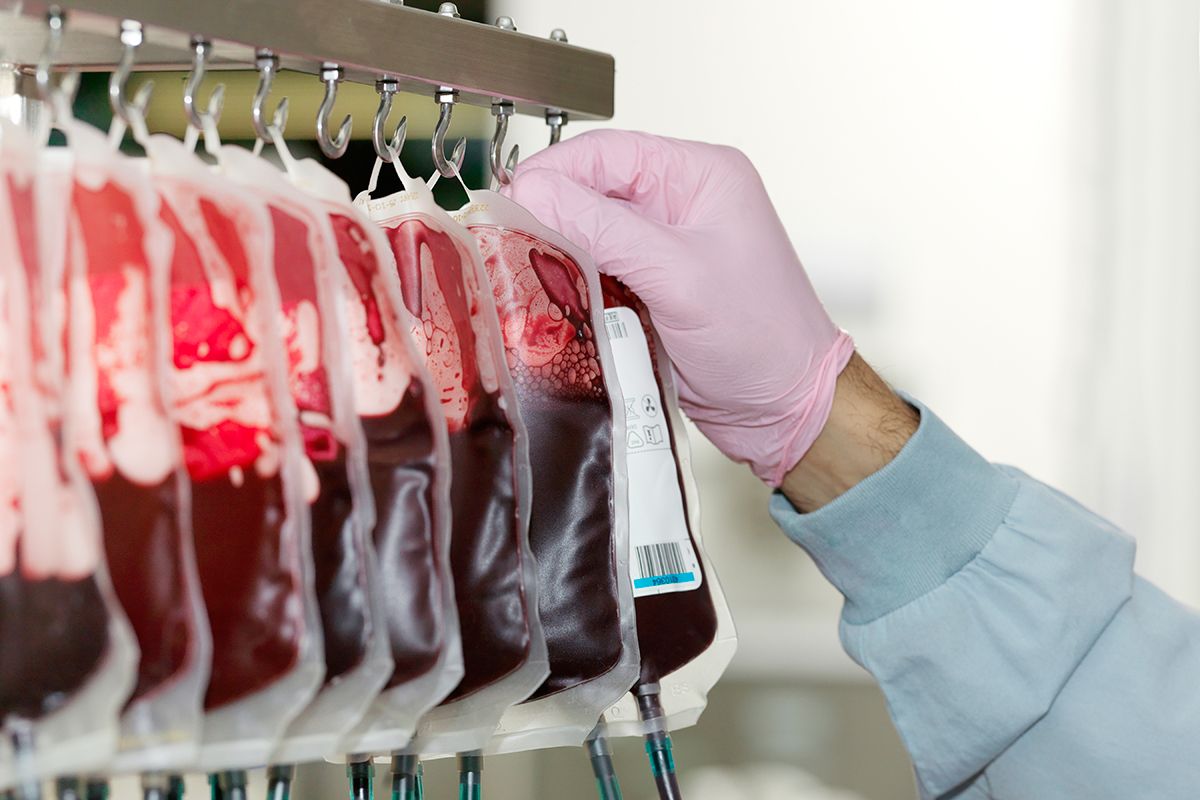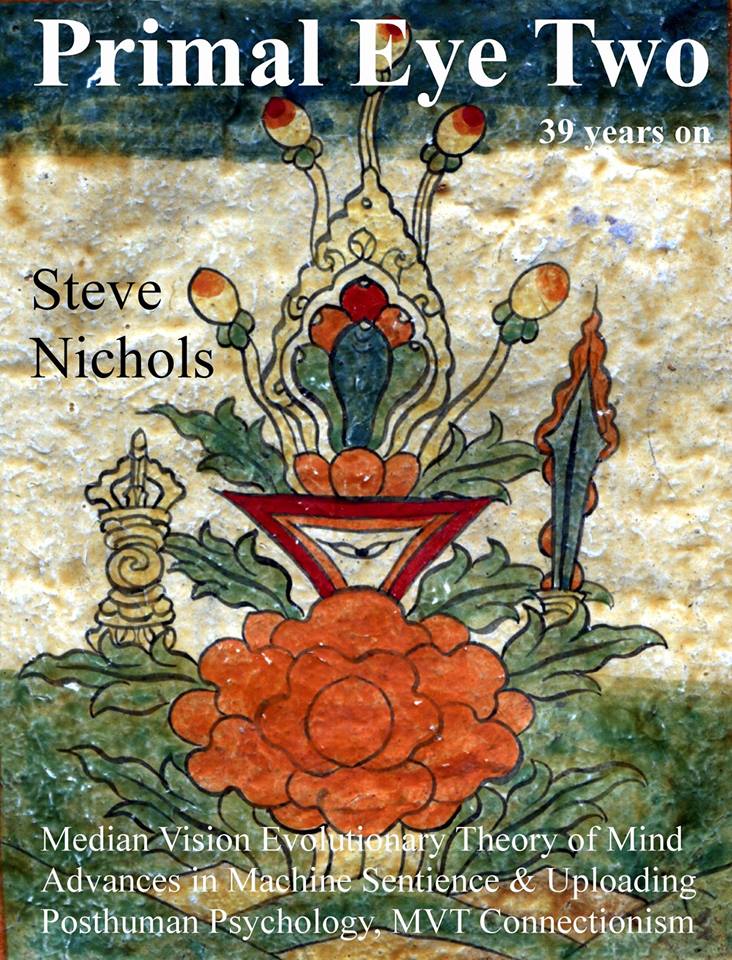
Level 4 – Awareness + World model: Systems that have a modeling system complex enough to create a world model: a sense of other, without a sense of self – e.g., dogs. Level 4 capabilities include static behaviors and rudimentary learned behavior.
Level 5 – Awareness + World model + Primarily subconscious self model = Sapient or Lucid: Lucidity means to be meta-aware – that is, to be aware of one’s own awareness, aware of abstractions, aware of one’s self, and therefore able to actively analyze each of these phenomena. If a given animal is meta-aware to any extent, it can therefore make lucid decisions. Level 5 capabilities include the following: The “sense of self”; Complex learned behavior; Ability to predict the future emotional states of the self (to some degree); The ability to make motivational tradeoffs.
Level 6 – Awareness + World model + Dynamic self model + Effective control of subconscious: The dynamic sense of self can expand from “the small self” (directed consciousness) to the big self (“social group dynamics”). The “self” can include features that cross barriers between biological and non-biological – e.g., features resulting from cybernetic additions, like smartphones.
Continue reading “The Transhumanist Bill of Rights version 2.0” »

















